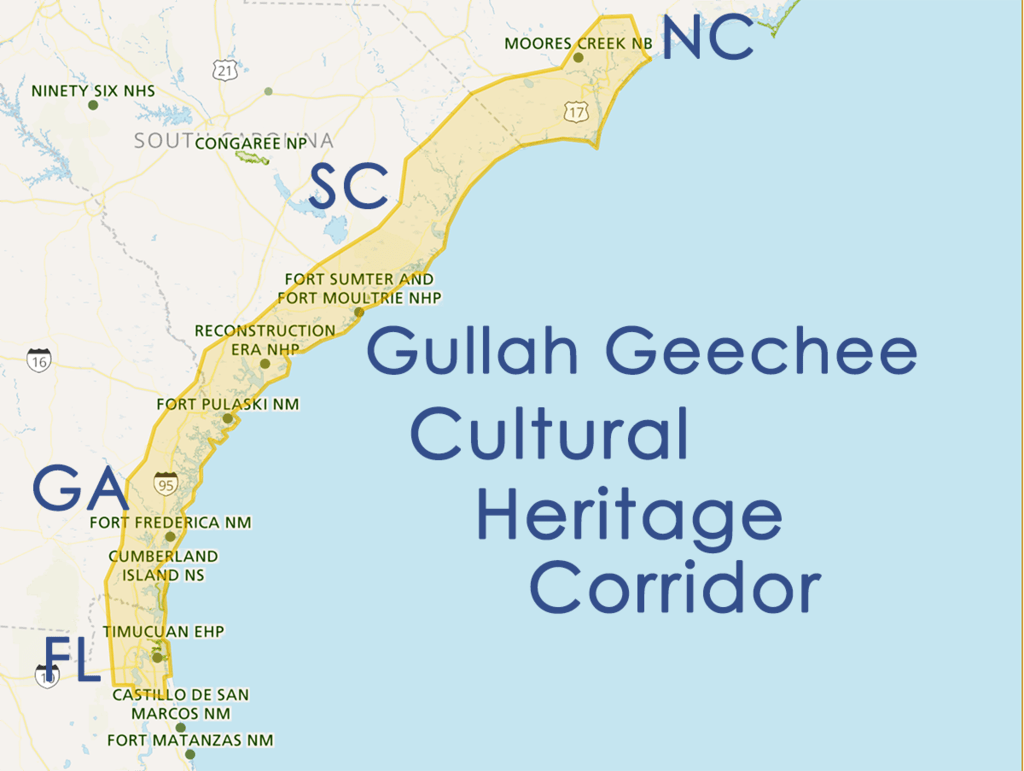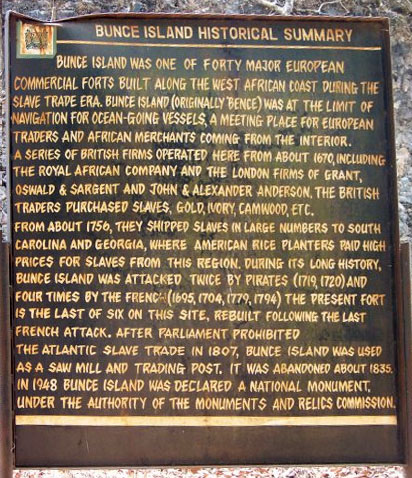Be a US citizen getting a citizenship to a country where Americans were already there, brehs.
I dont get your point
Be a US citizen getting a citizenship to a country where Americans were already there, brehs.
I'll say most Diasporans whose peoples came from areas where rice was grown(South Carolina, Louisiana etc). There's a good chance you descend from an Ethnic Group in SL(Mainly Mende, Temne, Limba).
All you have to do is show DNA Results from African Ancestry. But you have to do it with a group. They're not doing at a time. And you'll get full citizenship, not Naturalized, you are seen as a full Sierra Leonean.



I visited Salone in 2012 and 2014, was in Aberdeen area of Freetown both times. It’s a beautiful place filled with warm, kind hearted people. Obviously, there are huge challenges to overcome with reconstruction following the long civil war that ended in 2000.
There are also many Krio people who essentially are the original returnee diasporans. They came back in the 18th century from the USA, the Caribbean and Canada.
Salute to the new citizens from America and I wish them well.


Yeah, you are aboriginal to the Americas, but somehow you lost your language and culture in a land you are indigenous to.
Wow, anymore new discoveries
Yeah because you have allowed outsiders to create your history.
Doesn't answer the question. Every colonized people across the globe, maintained their language, some culture, and actual memory off the land.
But somehow, no single groups off Blacks in the whole off the Americas manage to do such.
I respect the Gullah a lot. They maintained so much of their African culture its remarkable. Their language sounds heavily Caribbean influenced.The Gullah: Rice, Slavery, and the Sierra Leone-American Connection | The Gilder Lehrman Center for the Study of Slavery, Resistance, and Abolition
The Gullah are a distinctive group of Black Americans from South Carolina and Georgia in the southeastern United States. They live in small farming and fishing communities along the Atlantic coastal plain and on the chain of Sea Islands which runs parallel to the coast. Because of their geographical isolation and strong community life, the Gullah have been able to preserve more of their African cultural heritage than any other group of Black Americans. They speak a creole language similar to Sierra Leone Krio, use African names, tell African folktales, make African-style handicrafts such as baskets and carved walking sticks, and enjoy a rich cuisine based primarily on rice.
Indeed, rice is what forms the special link between the Gullah and the people of Sierra Leone. During the 1700s the American colonists in South Carolina and Georgia discovered that rice would grow well in the moist, semitropical country bordering their coastline. But the American colonists had no experience with the cultivation of rice, and they needed African slaves who knew how to plant, harvest, and process this difficult crop. The white plantation owners purchased slaves from various parts of Africa, but they greatly preferred slaves from what they called the “Rice Coast” or “Windward Coast”—the traditional rice-growing region of West Africa, stretching from Senegal down to Sierra Leone and Liberia. The plantation owners were willing to pay higher prices for slaves from this area, and Africans from the Rice Coast were almost certainly the largest group of slaves imported into South Carolina and Georgia during the 18th century.



How did you like it.Spent a good part of my youth there. Was born in germany. Still visit. My parents go back and forth. We are creoles..I visited Salone in 2018 when I got my African Ancestry results indicating that I am Mende on my maternal line. It is a beautiful country that I would love to retire to.
How did you like it.Spent a good part of my youth there. Was born in germany. Still visit. My parents go back and forth. We are creoles..